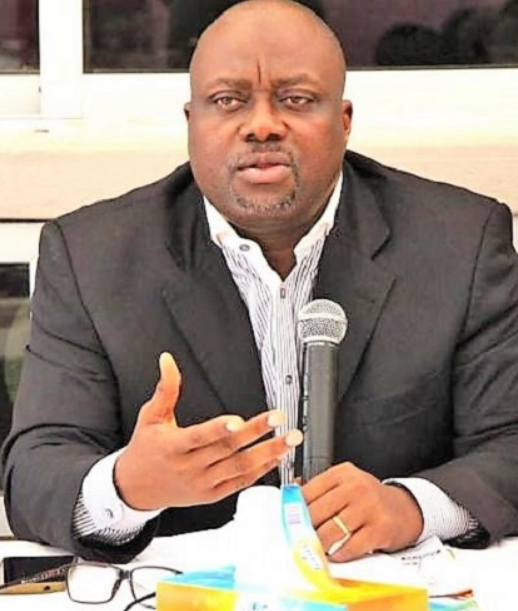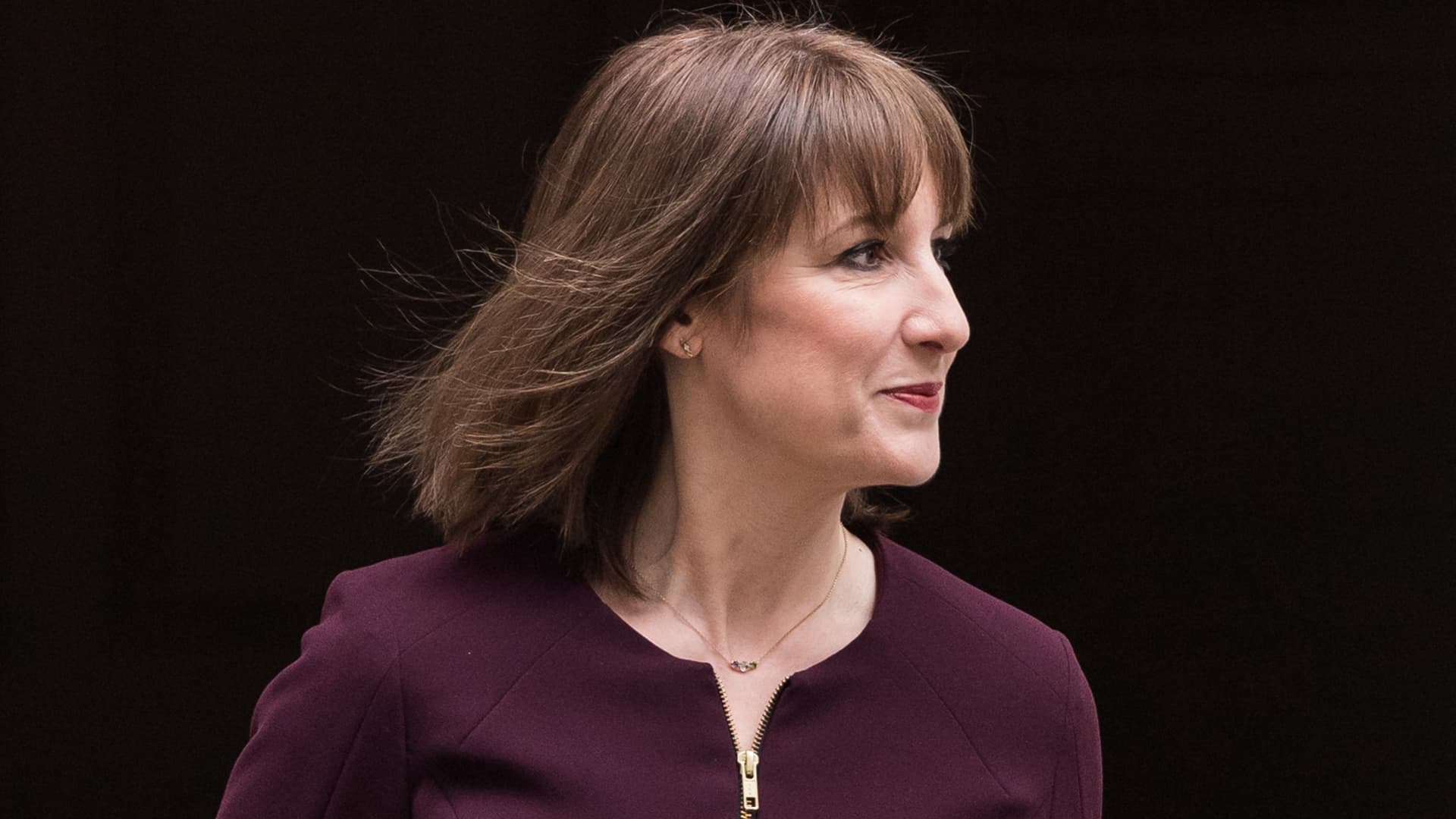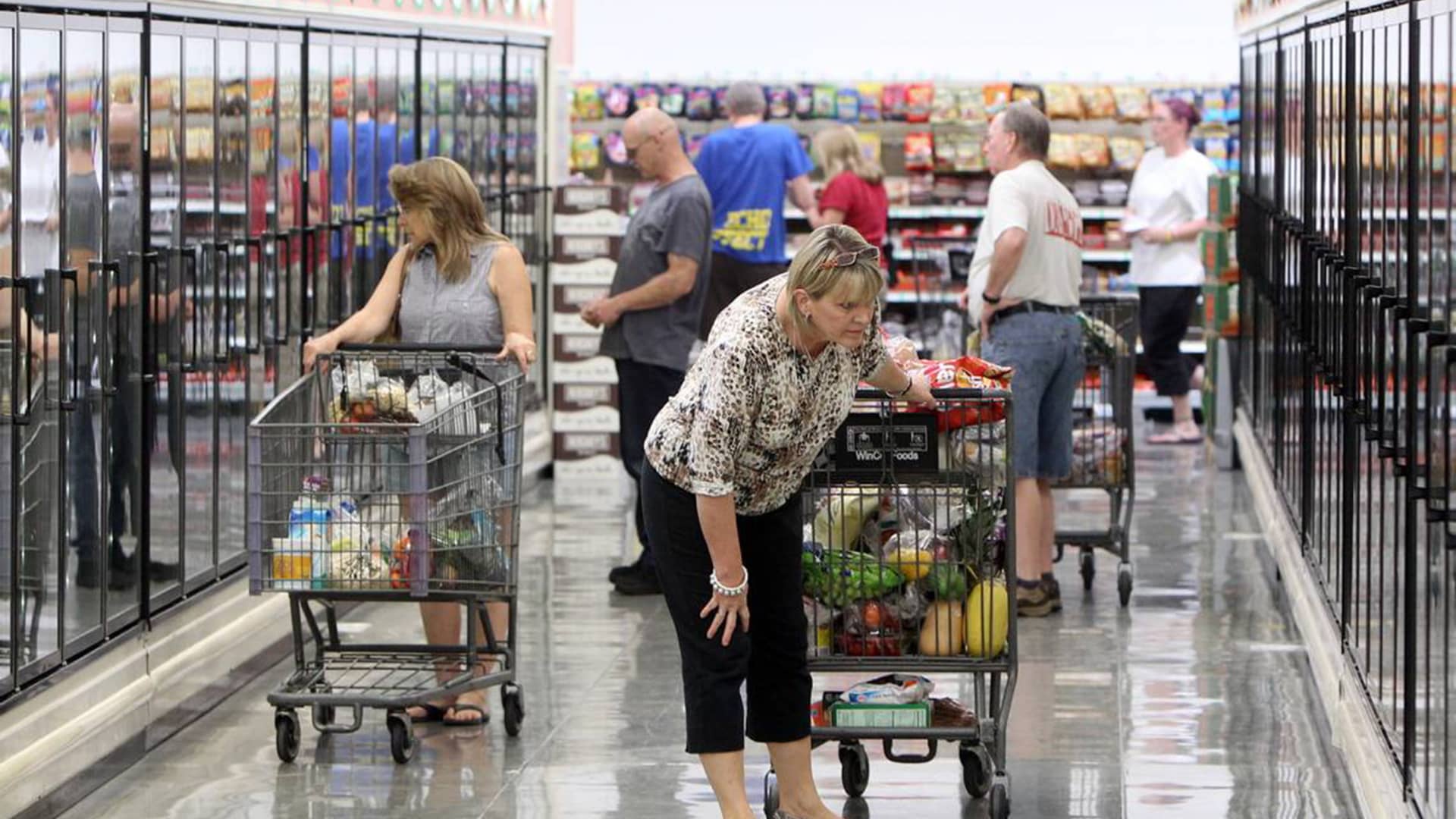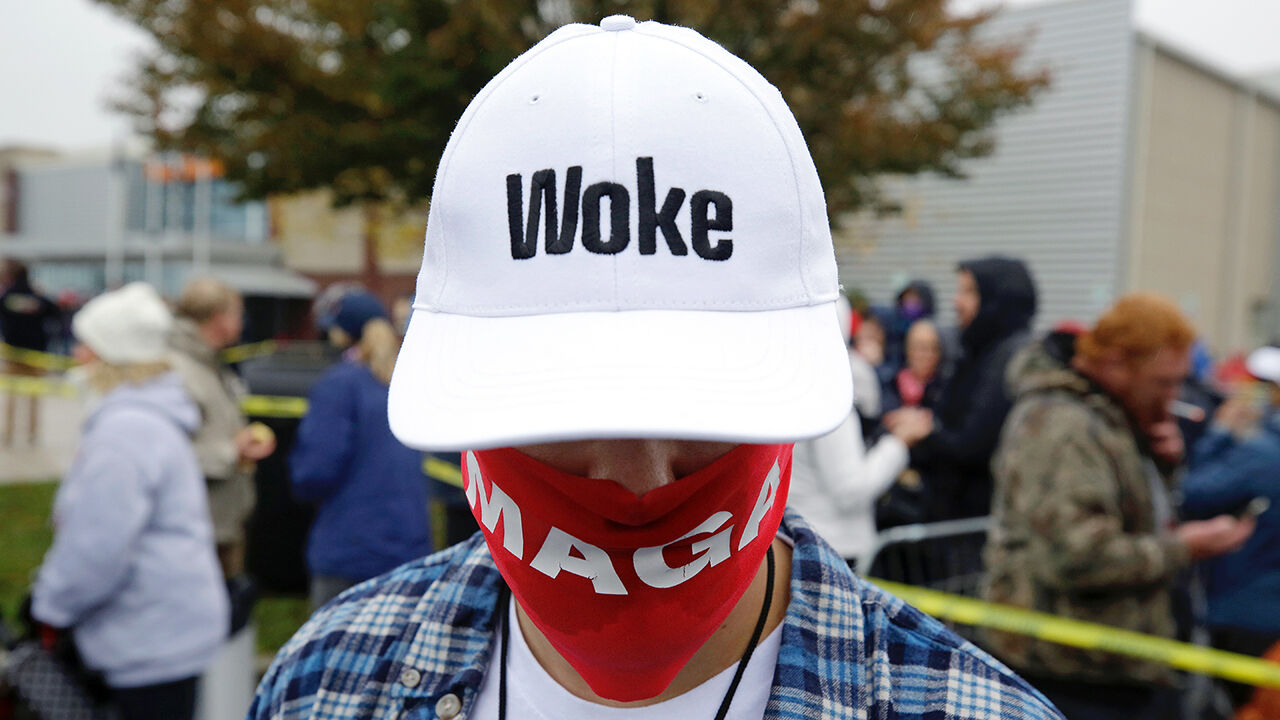Early Life and Professional Foundation
Born in Ivory Coast, Alafe Wakili emerged from his early years with a passion for journalism and communications that would later shape West Africa’s media landscape. His journey began with a strong foundation in journalism, where he developed keen insights into the power of media to transform society and influence public discourse. This early exposure to media operations and communications would prove instrumental in his future endeavors.
Building a Media Empire
At the helm of multiple successful ventures, Wakili has established himself as a prominent figure in West African media. As the founder and CEO of SOCEF-NTIC, TOTEM COMMUNICATION and L’INTELLIGENT D’ABIDJAN TV” he has created a diversified media and communications group that sets industry standards. His flagship newspaper, “L’INTELLIGENT D’ABIDJAN,” stands as a testament to his commitment to quality journalism. The daily publication has become one of Ivory Coast’s most respected news sources, known for its independent reporting, comprehensive coverage, and unwavering commitment to journalistic integrity. Under his leadership, the newspaper has successfully navigated the challenging terrain of modern media, maintaining its relevance while adapting to digital transformations in the industry.
Communications Excellence and Innovation
TOTEM COMMUNICATION, under Wakili’s visionary leadership, has revolutionized the public relations and communications landscape in West Africa. The firm has distinguished itself through innovative approaches to strategic communications, crisis management, and public affairs consulting. Wakili’s expertise in developing comprehensive communication strategies has made TOTEM COMMUNICATION the go-to agency for corporations, organizations, and public figures seeking sophisticated media solutions. The company’s success lies in its ability to blend traditional PR practices with cutting-edge digital communications strategies, ensuring clients maintain effective presence across all media platforms.
Political Analysis and Strategic Consulting
Beyond his media enterprises, Wakili has earned recognition as an astute political analyst and strategist. His deep understanding of West African political dynamics, combined with his media expertise, has made him an invaluable consultant for political stakeholders across the region. His analytical prowess extends beyond mere commentary; he provides strategic insights that help shape political discourse and policy development. Through his work, he has contributed significantly to the understanding of complex political and social issues affecting West Africa, and particularly in Ivory Coast.
Literary Contributions and Thought Leadership
As an accomplished author, Wakili has contributed significantly to West African literature and journalism. His written works span various genres, from political analysis to social commentary, demonstrating his versatility as a writer and thought leader. His publications have become essential reading for those seeking to understand the nuances of West African society, politics, and media landscapes. Through his writings, he continues to influence public opinion and contribute to intellectual discourse in the region.
Innovation in Digital Media
Understanding the evolving nature of media consumption, Wakili has been at the forefront of digital transformation in West African media. He has championed the integration of digital technologies in traditional media operations, ensuring his media outlets remain relevant in an increasingly digital world. His forward-thinking approach includes developing robust online presence for his publications and implementing innovative digital solutions for his communications clients.
Professional Impact and Industry Leadership
Wakili’s influence extends beyond his own enterprises. He has played a crucial role in professionalizing the media and communications industry in West Africa. Through various initiatives, he has contributed to raising industry standards, promoting ethical journalism, and developing new talent in the field. His companies are known for their commitment to professional development and innovation, setting benchmarks for excellence in the industry.
Future Vision and Legacy
Looking ahead, Wakili continues to pursue an ambitious vision for African media and communications. His future objectives include further expansion of his media enterprises, development of new digital platforms, and enhancement of professional standards in journalism and public relations. He remains committed to fostering independent journalism, promoting digital innovation, and contributing to the development of a more sophisticated media landscape in West Africa.
Personal Philosophy and Leadership Style
Wakili’s leadership style combines strategic vision with practical execution. His approach to business and media management emphasizes innovation, integrity, and excellence. He believes in the power of media to drive positive social change and maintains a strong commitment to ethical practices in journalism and communications.

 Economics7 days ago
Economics7 days ago
 Economics6 days ago
Economics6 days ago
 Economics5 days ago
Economics5 days ago
 Finance7 days ago
Finance7 days ago
 Economics6 days ago
Economics6 days ago
 Blog Post5 days ago
Blog Post5 days ago
 Personal Finance5 days ago
Personal Finance5 days ago
 Finance5 days ago
Finance5 days ago












